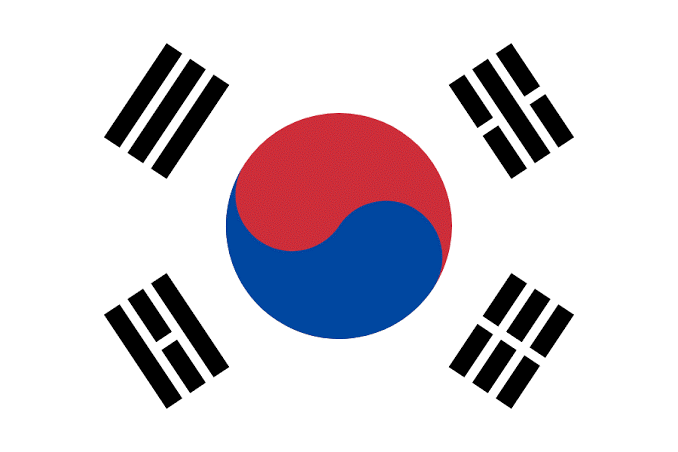quick look
- Consumer sentiment in South Korea fell to 100.7 in March from 101.9 in February.
- Inflation expectations among consumers rose to 3.2% over the next 12 months, with a focus on product prices.
- The rise in prices of consumer goods, especially agricultural products, becomes a central issue before the upcoming elections.
As South Korea's election month approaches, rising costs of living, especially rising product prices, have jumped to the forefront of national concerns. The latest survey conducted by the Bank of Korea revealed a sharp decline in consumer sentiment in March, a trend that could significantly impact the electoral landscape.
Consumer sentiment declines in South Korea
The central bank's findings highlighted a notable decline in the consumer confidence index, falling to 100.7 in March from 101.9 in February. This decline represents the largest monthly decline since October, reflecting growing anxiety among South Korean households. These concerns are further exacerbated by rising inflation expectations for next year. For the first time in five months, these expectations rose from 3.0% to 3.2%, with two-thirds of consumers surveyed attributing these inflationary pressures primarily to higher product prices.
This perception, which shifted from 51.5% the previous month, underscores the great concern of the South Korean public. Consumer inflation, which had shown signs of decline, peaked in February due to supply pressures, particularly due to rising agricultural prices. While some experts point out that adverse weather conditions are contributing to higher prices for agricultural products, political figures, especially from the opposition Democratic Party, have blamed the government of President Yoon Suk-yeol for economic mismanagement.
Political repercussions amid rising prices
The inflation issue not only affected consumer sentiment, but also seeped into the political arena.
The opposition has taken a strong position on this issue. Specifically, Democratic Party leader Lee Jae-myung criticized the government's economic policies at an election rally. Meanwhile, the country is preparing to elect its 300-member parliament. Consequently, the ruling People Power Party faces major challenges due to these economic issues.
On the other hand, President Yeon Suk-yeol's recent visit to the supermarket caused a sensation. He commented on the price of green onions, which sparked criticism. This incident has highlighted what many see as a disconnect from the economic hardship faced by the public. In return, the government implemented temporary measures to reduce the prices of some fresh food items. However, there are doubts about the long-term effectiveness of these procedures.
Public sentiment and the way forward
With customers benefiting from below-market prices on subsidized products, the lasting impact of these measures remains uncertain. With fresh food prices up 20% in February compared to last year, including increases in the prices of apples, green onions and strawberries, the general public's concerns about inflation have become clear. As South Korea stands at a critical juncture, economic management and political strategy are certain to play a pivotal role in the upcoming elections, with the cost of living emerging as a major issue on the battlefield.

